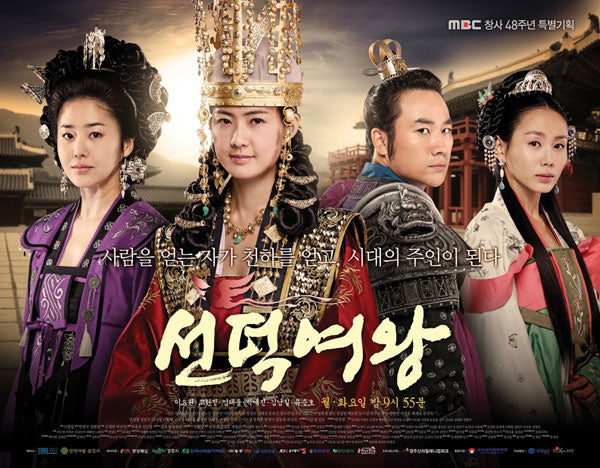
In the confusion of the Khitan uprising led by Li Jinzhong against the Wu Zhou in May 696, Dae Jung-sang led at least 8,000 Goguryeo remnant peoples, the Mohe people, to Dongmo mountain, and the Mohe leader Geolsa Biu made an alliance and sought independence. Afterward, Geolgeol Jung-sang and Geol geol Dae Jo Yeong was opposed to the Tang and its interregnum Wu Zhou (690–705). Īfter the fall of Goguryeo to the Silla-Tang armies, Dae Jung-sang remained in a part of Goguryeo which had not been attacked during the 3rd Goguryeo-Tang war. However, it gives another account of Dae being a former Goguryeo general, citing a now-lost Tang dynasty book.

Samguk yusa, the 13th-century collection of Korean history and legends, describes Dae as a Sumo Mohe chieftain. The term is interpreted as meaning "a branch of the Goguryeo people" by South and North Korean historians, but as "distinct from Goguryeo" by Japanese and Chinese researchers. The Old Book of Tang states Dae's ethnic background as "高麗別種". Among the official dynastic history works, the New Book of Tang refers to Dae Jo-yeong as a Sumo Mohe who is affliated with Goguryeo. Historical sources give different accounts of Dae Jo-yeong's ethnicity and background. ĭae Joyeong was the first son of general Dae Jung-sang, who was also known as Sari Geolgeol Jungsang ( Hangul: 사리걸걸중상, Hanja: 舍利乞乞仲象) or Dae Geolgeol Jungsang ( Hangul: 대걸걸중상, Hanja: 大乞乞仲象).

Dae Joyeongĭae Joyeong (born 645 died 719), also known as King Go ( 고왕 高王 ), established the state of Balhae, reigning from 699 to 719. For the historical drama, see Dae Joyeong (drama).


 0 kommentar(er)
0 kommentar(er)
